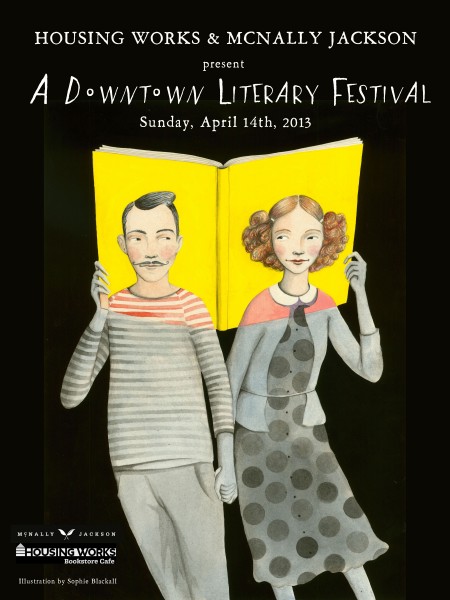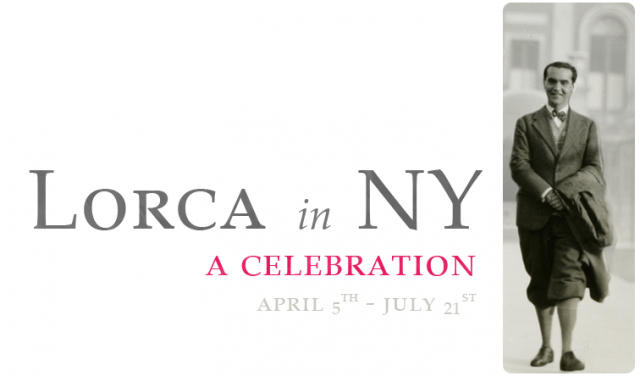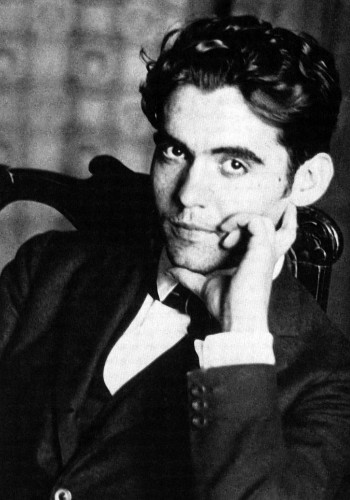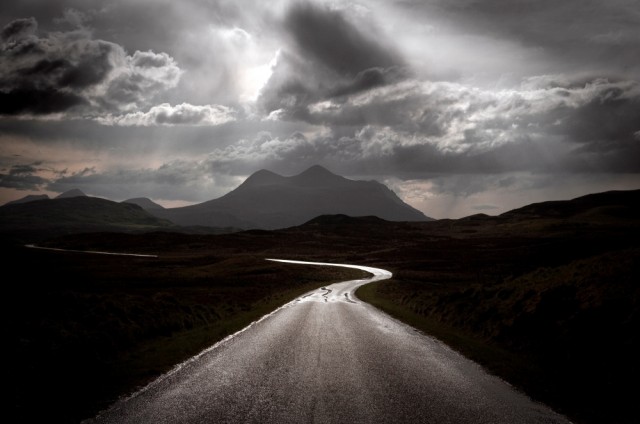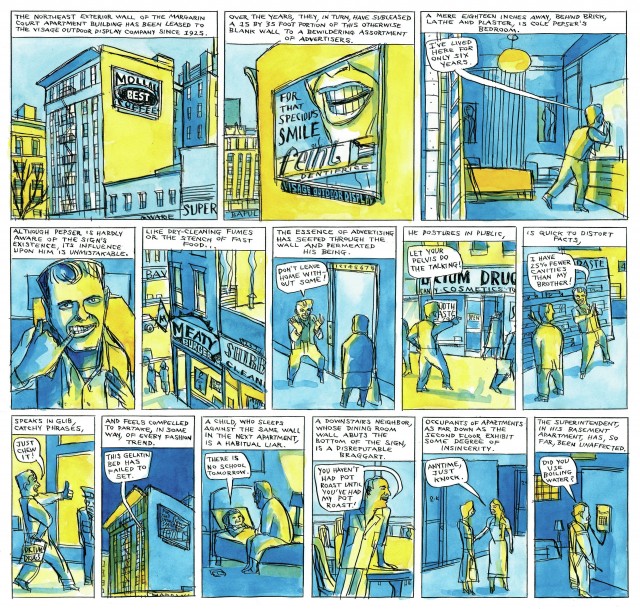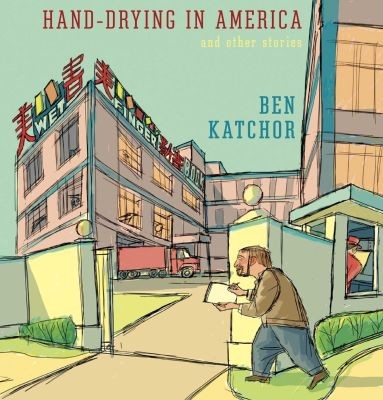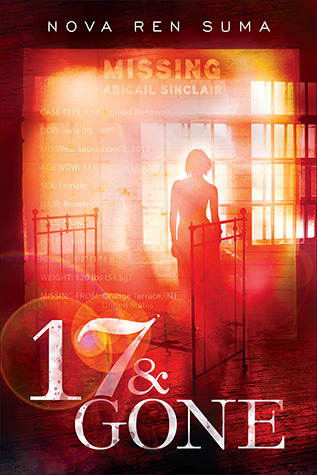Housing Works Bookstore Cafe, 126 Crosby St., 212-334-3324
McNally Jackson, 52 Prince St., 212-274-1160
Sunday, April 14, free, 10:00 am – 7:00 pm
www.housingworks.org
Downtown New York City has served as home to many of the world’s greatest writers as well as inspiration for countless stories. Housing Works and McNally Jackson are teaming up to pay tribute to that ever-evolving culture on Sunday, April 14, with the inaugural Downtown Literary Festival, a full day of readings, discussions, signings, and other activities celebrating the written word, shifting back and forth between the two venues. Things get going at 10:15 in the morning with “On the Grid: Stories in Our Streets,” a walking tour from Housing Works to McNally Jackson with contributions from Joanna Smith-Rakoff, Sarah Schulman, Jami Attenberg, Rosie Schaap, Brendan Sullivan, Lev Grossman, Jennifer Gilmore, Kristopher Jansma, Hari Kunzru, Katie Kitamura, Amy Waldman, and others. At 11:30 (HW), Mark Russ Federman of Russ & Daughters will host a brunch preview of the four-course literary feast DISH. At noon (MJ), Eileen Myles, Colm Toibin, Wayne Koestenbaum, Corina Copp, Elizabeth Willis, John Coletti, Alice Whitwham, and others will participate in “Having a Coke with You: Lunch with Frank O’Hara,” reading selections from the popular and influential member of the New York School of poetry. At 12:30 (HW), Rachel Syme and Maris Kreizman will lead “The Recital,” a new series in which writers recite, by memory, a one-to-three-minute piece by someone else.
At 1:00 (MJ), “Fast Talking: Downtown Writing from The Paris Review Archive” gathers together readers to pay tribute to the sixtieth anniversary of the seminal magazine, including a performance of the 1968 Jack Kerouac interview “The Art of Fiction.” At 1:30 (HW), “New York á la Cart: Veteran Vendors Dish about Life on the Streets” brings popular food truck chefs and owners inside to talk street food with Alexandera Penfold and Siobhan Wallace, authors of New York á la Cart: Recipes & Stories from the Big Apple’s Best Food Trucks, including Fauzia Abdur-Rahman of Fauzia’s Heavenly Delights, Jonathan Hernandez of Patacon Pisao, Red Hook Food Vendors executive director Cesar Fuentes, and one of our personal favorites, Nick Karagiorgos of Uncle Gussy’s. As an added bonus, food trucks will be parked nearby, selling their fare. At 2:00 (MJ), Katie Roiphe, James Atlas, and Lucas Wittman ask the question “Is the New York Bohemian Dead?” At 2:30 (HW), Michelle Legro moderates “Road Trip with The American Guide, as Erin Chapman Tom McNamara, and Gabriel Kahane talk about their new take on the Federal Writers Project travel guide. At 3:00 (MJ), Nikolai Fraiture, Alan Light, Thurston Moore, Ariana Reines, and Marc Ribot will share tales of the best city concerts they’ve ever seen in “You Should Have Been There: Stories of the Best Show Ever.” At 3:30 (HW), Maris Kreizman will present “Slaughterhouse 90210: Downtown Edition,” with Carlene Bauer, Austin Ratner, Jason Diamond, and Jessica Soffer discussing their favorite New York City-based television series. At 4:00 (MJ), Kathleen Alcott, Sophie Blackall, Charles Bock, Saïd Sayrafiezadeh, Luc Sante, and John Wray join up for “South of Power: Sub-Houston Manhattan and the Vanishing Fringe.” The festival culminates with a happy hour at Housing Works from 5:00 to 7:00, followed by an after-party at Pravda with Russian literary-themed drinks, the first hundred of which will be covered by HarperCollins.
